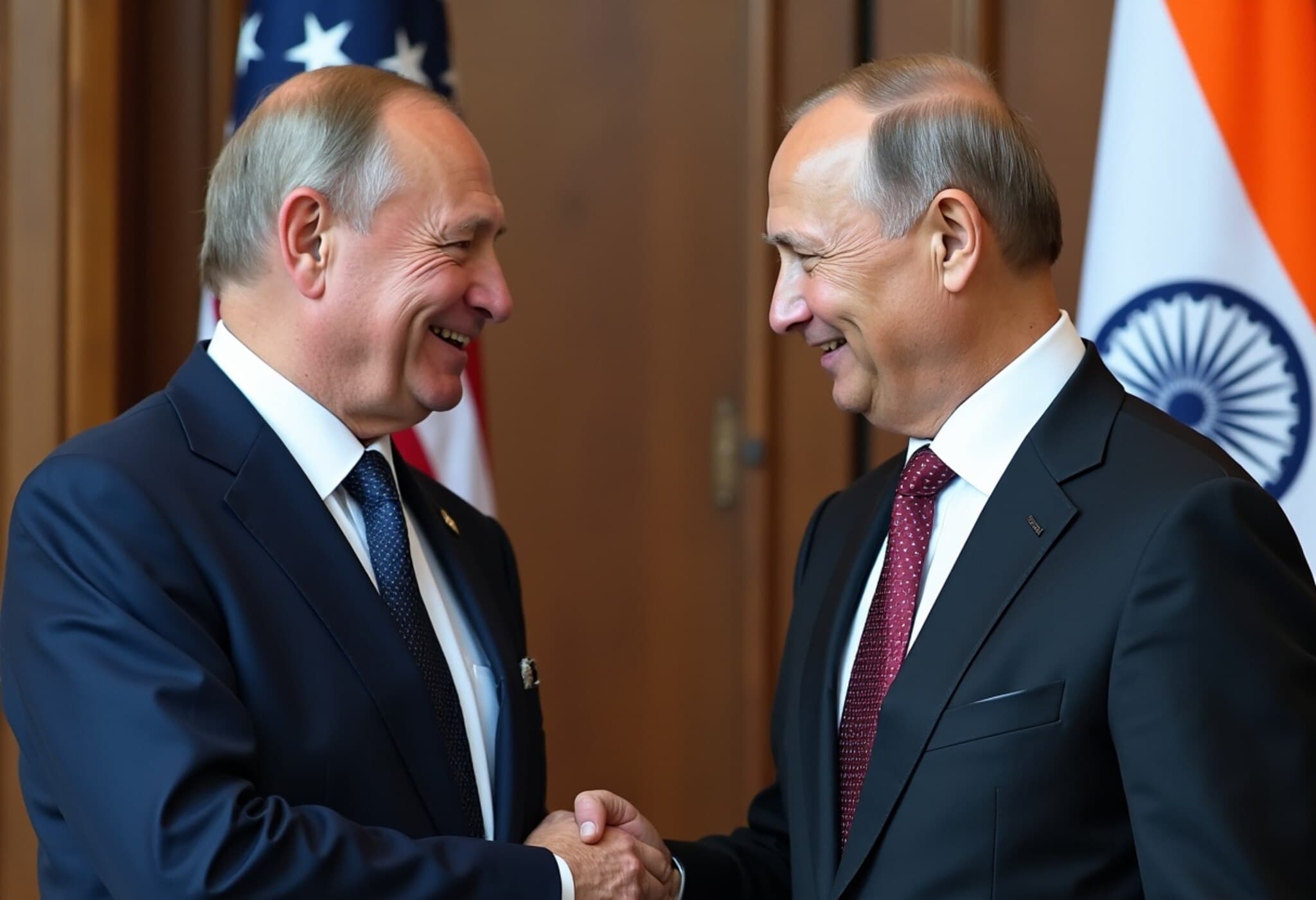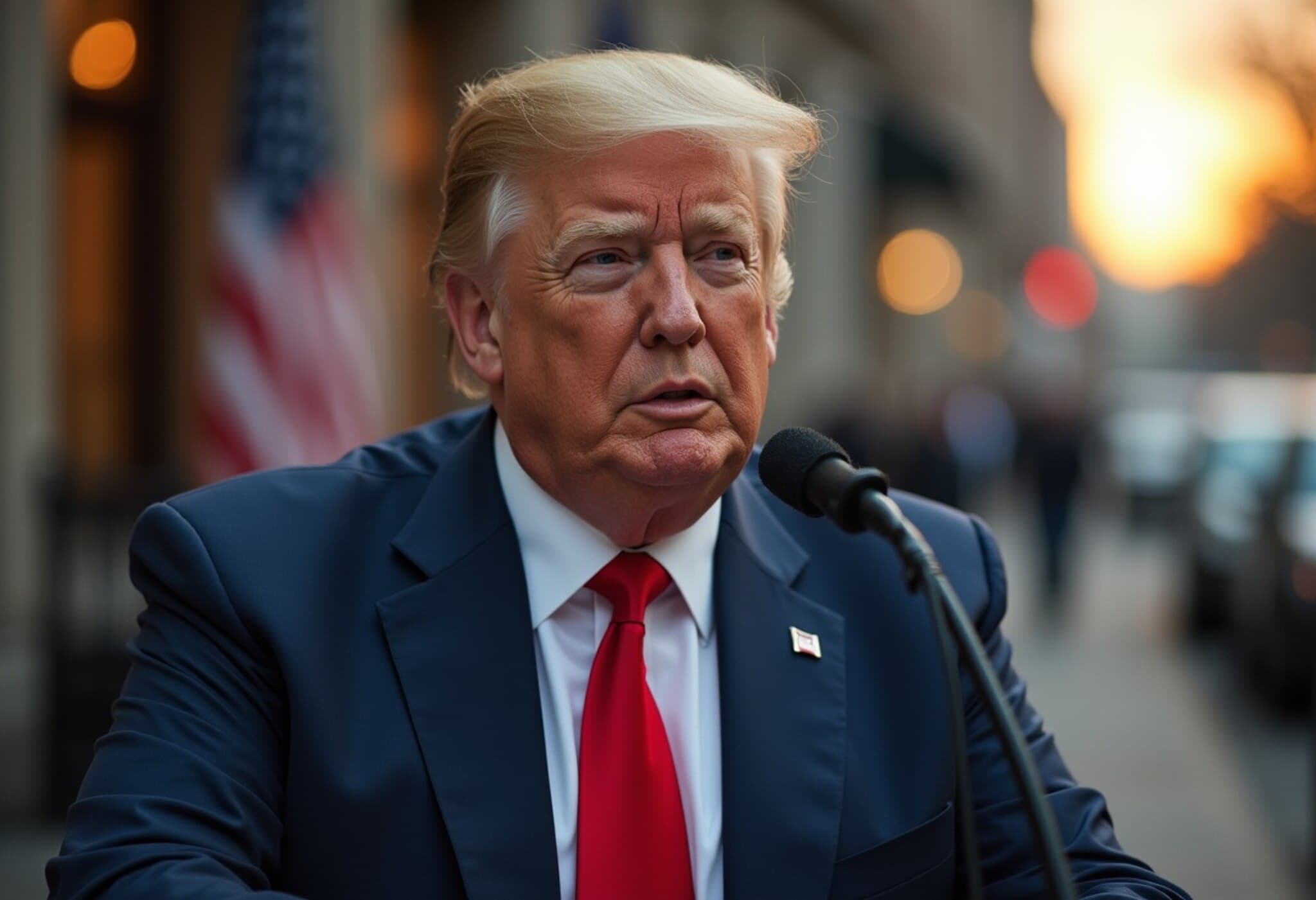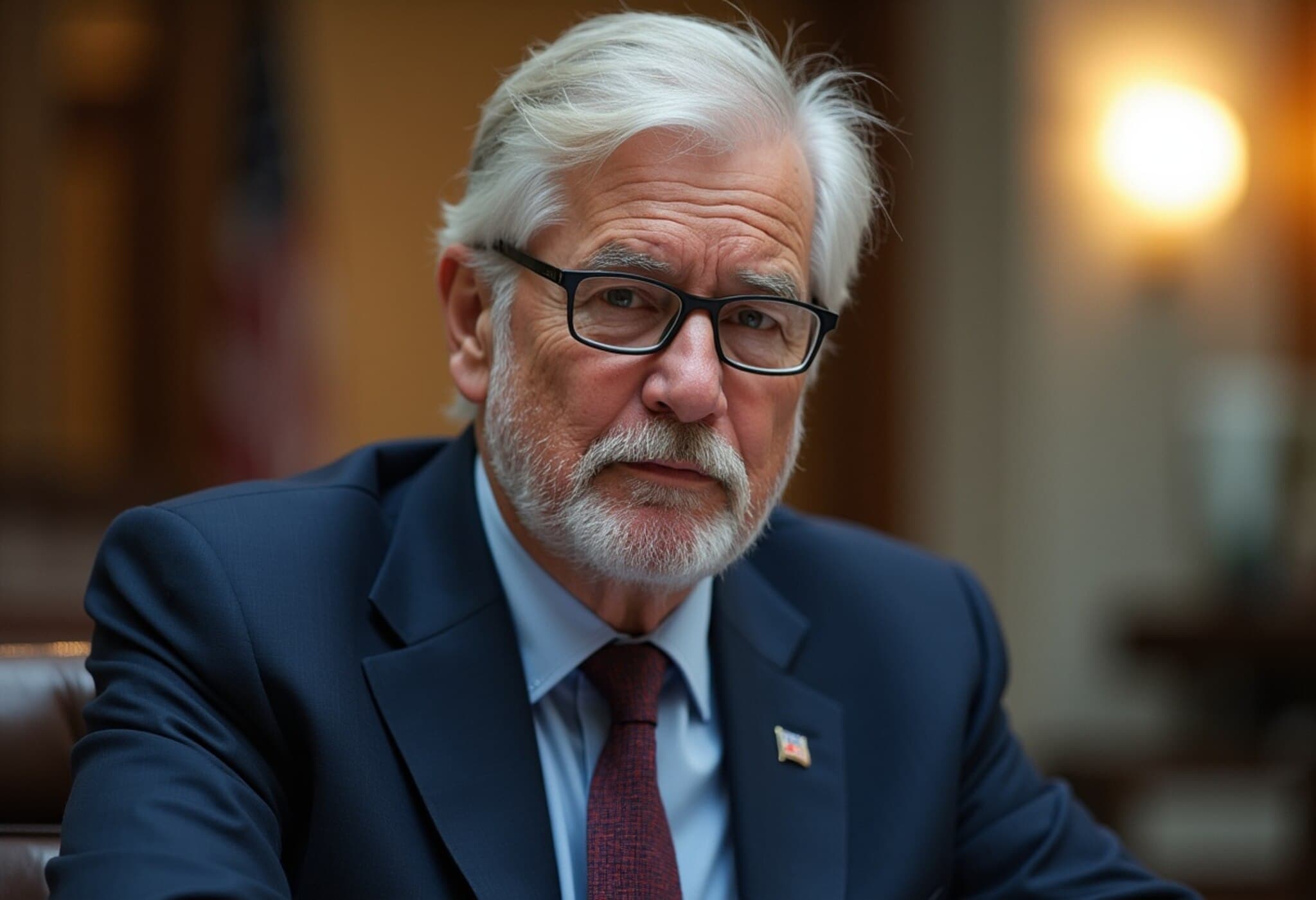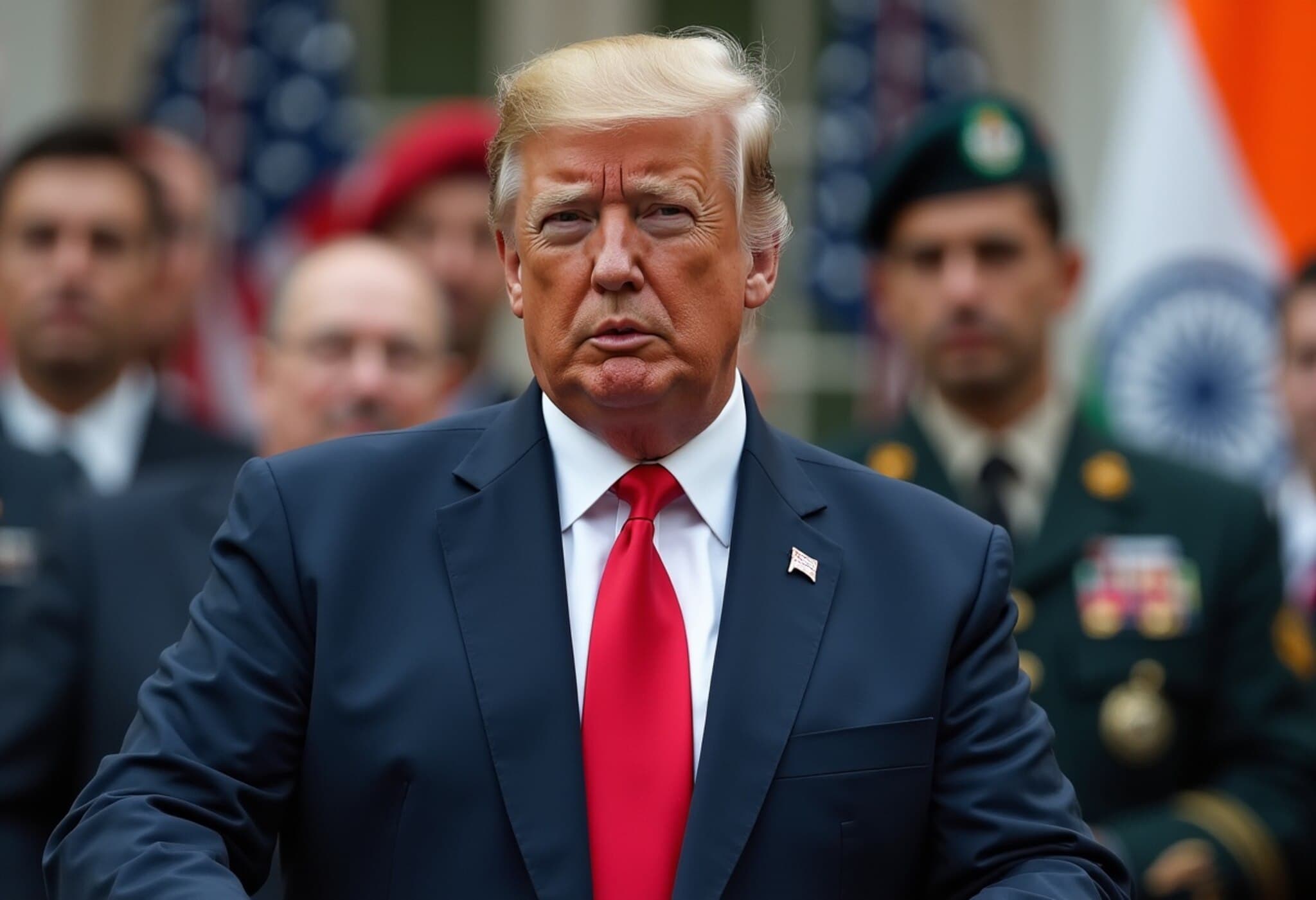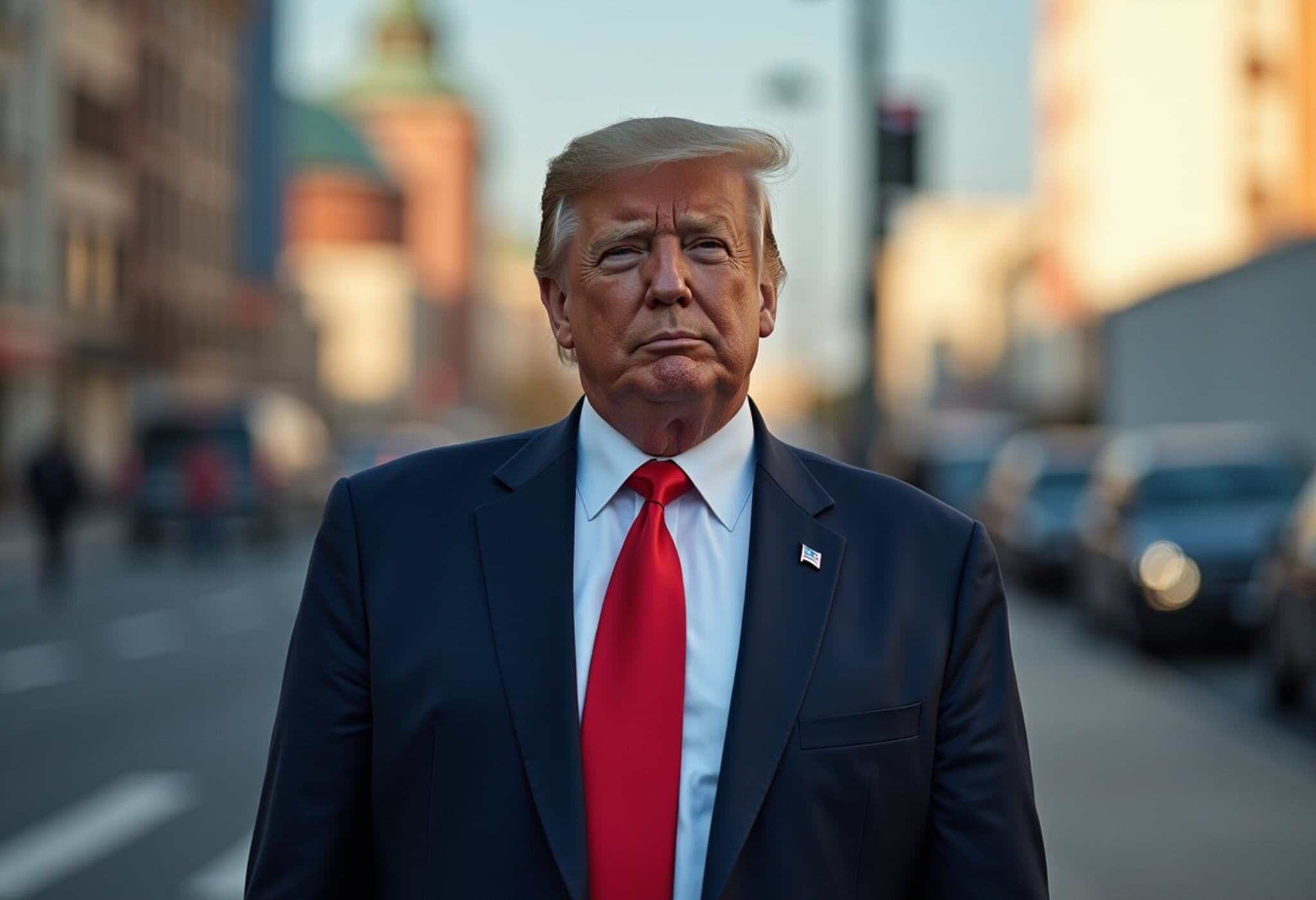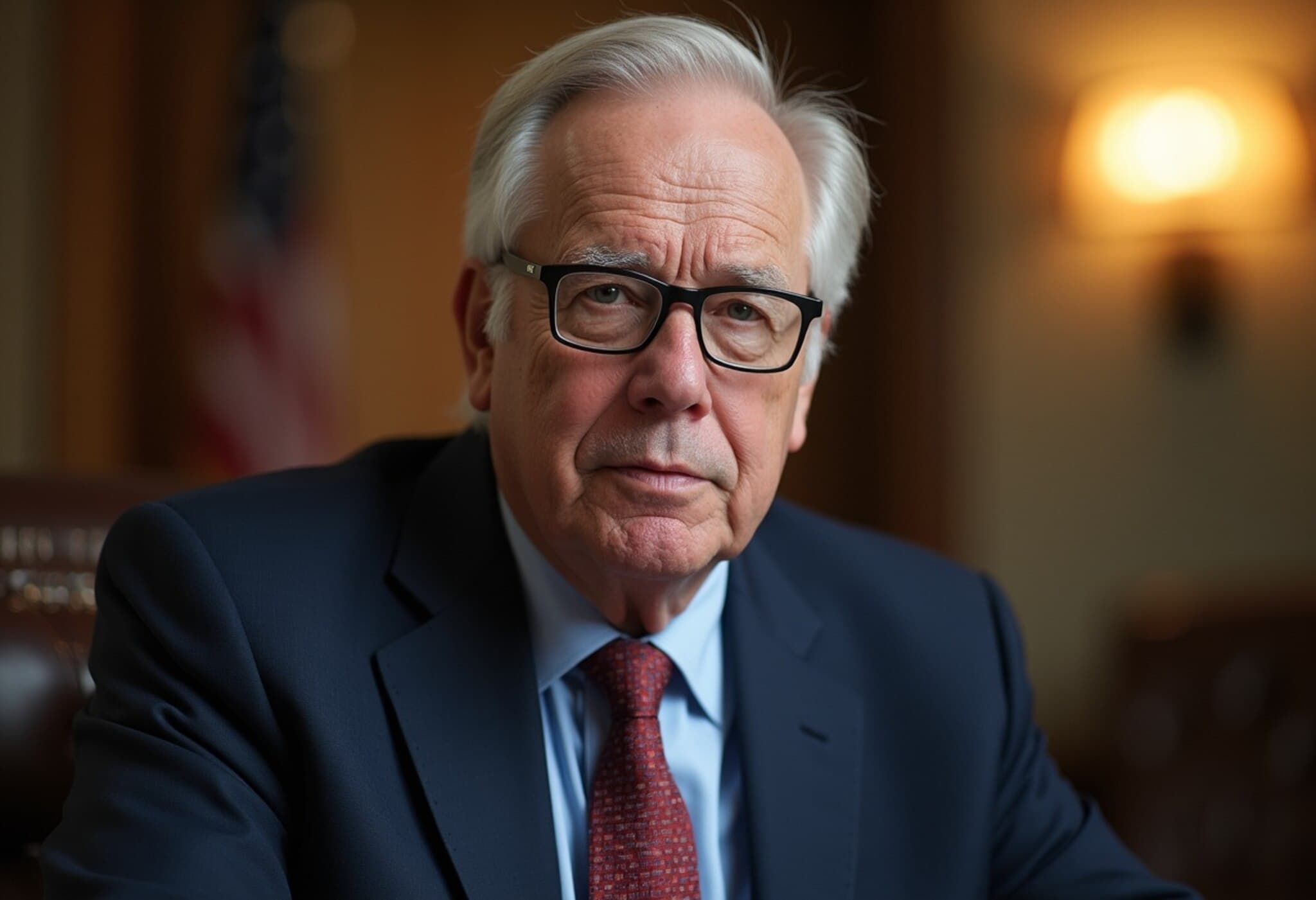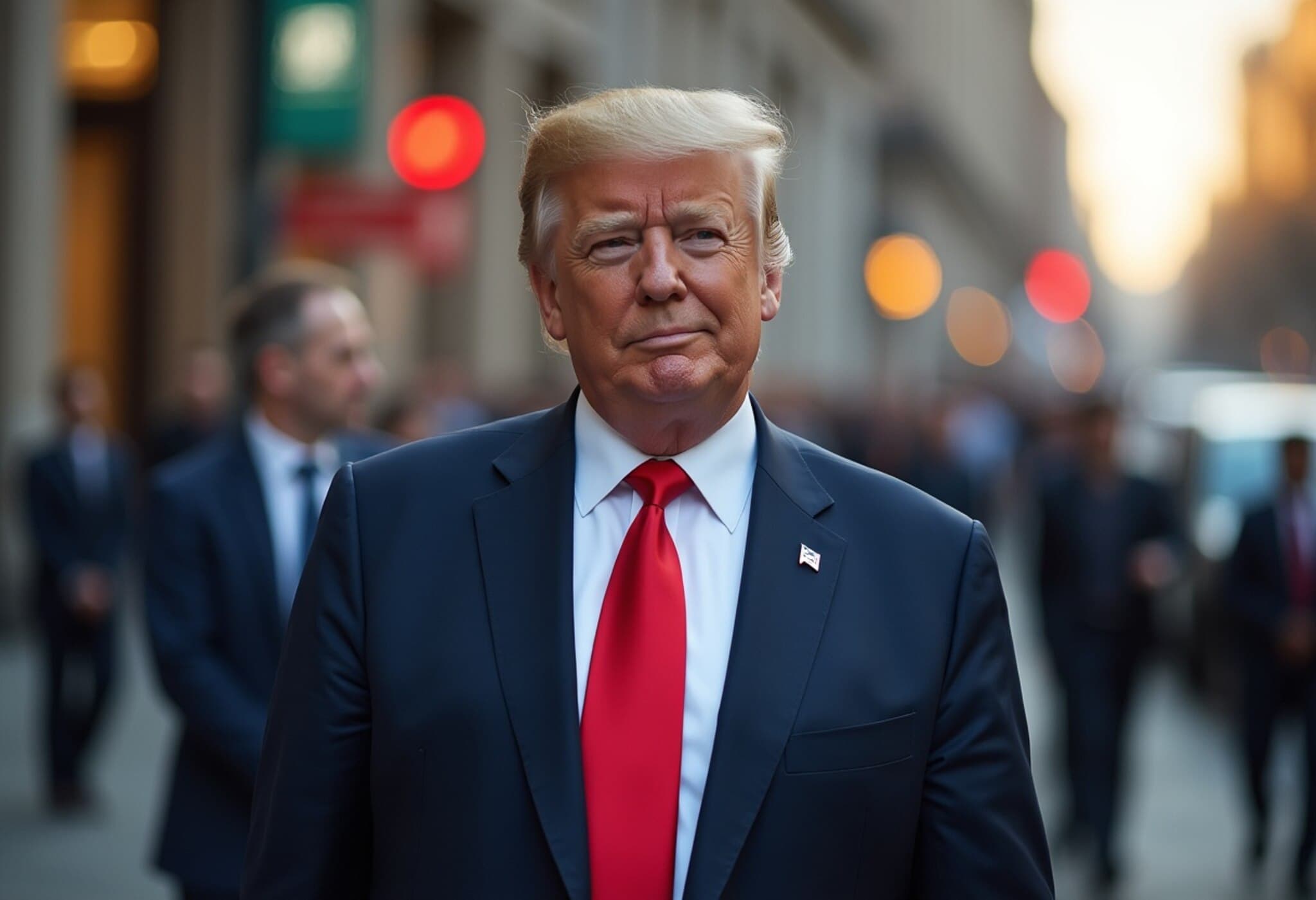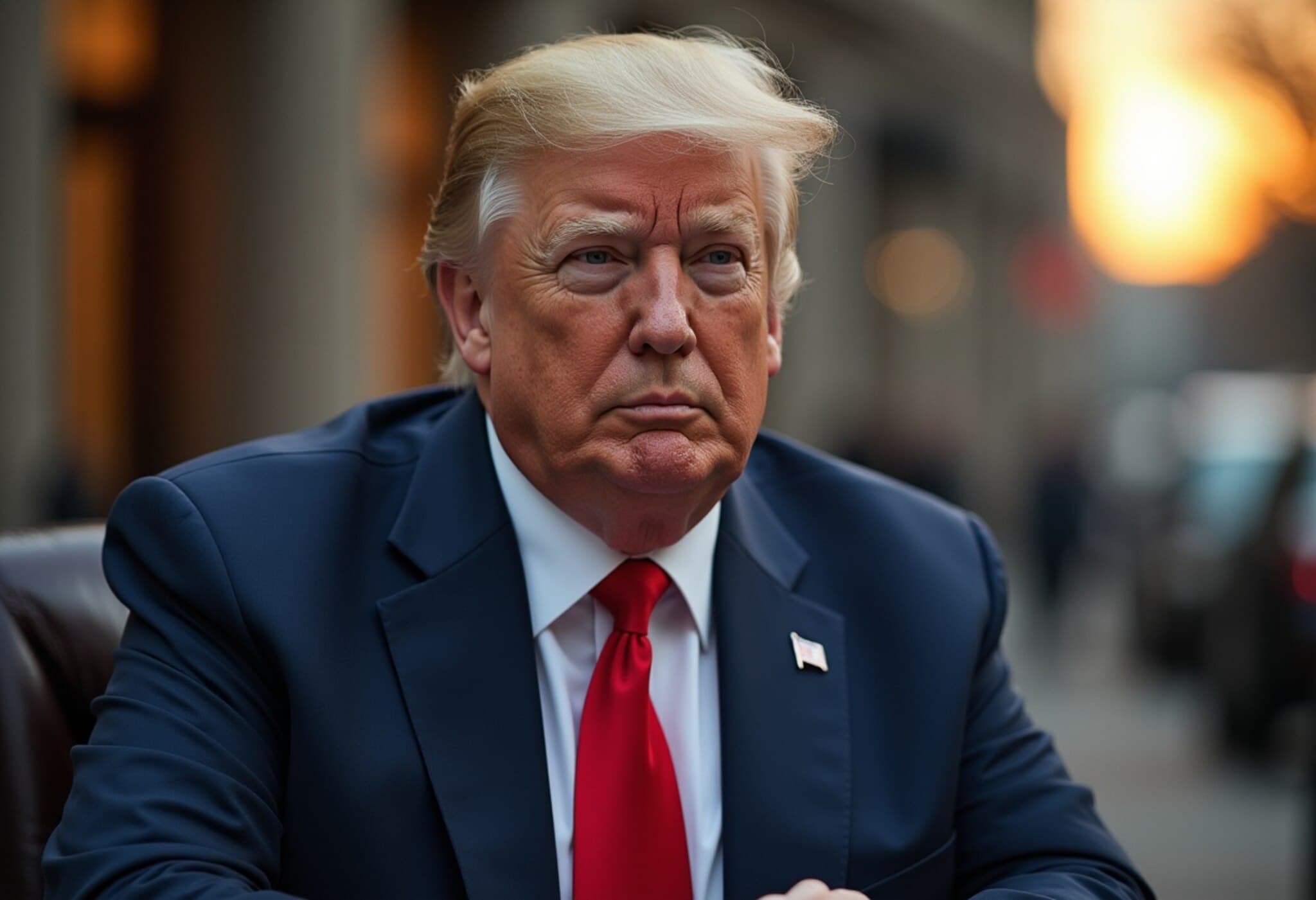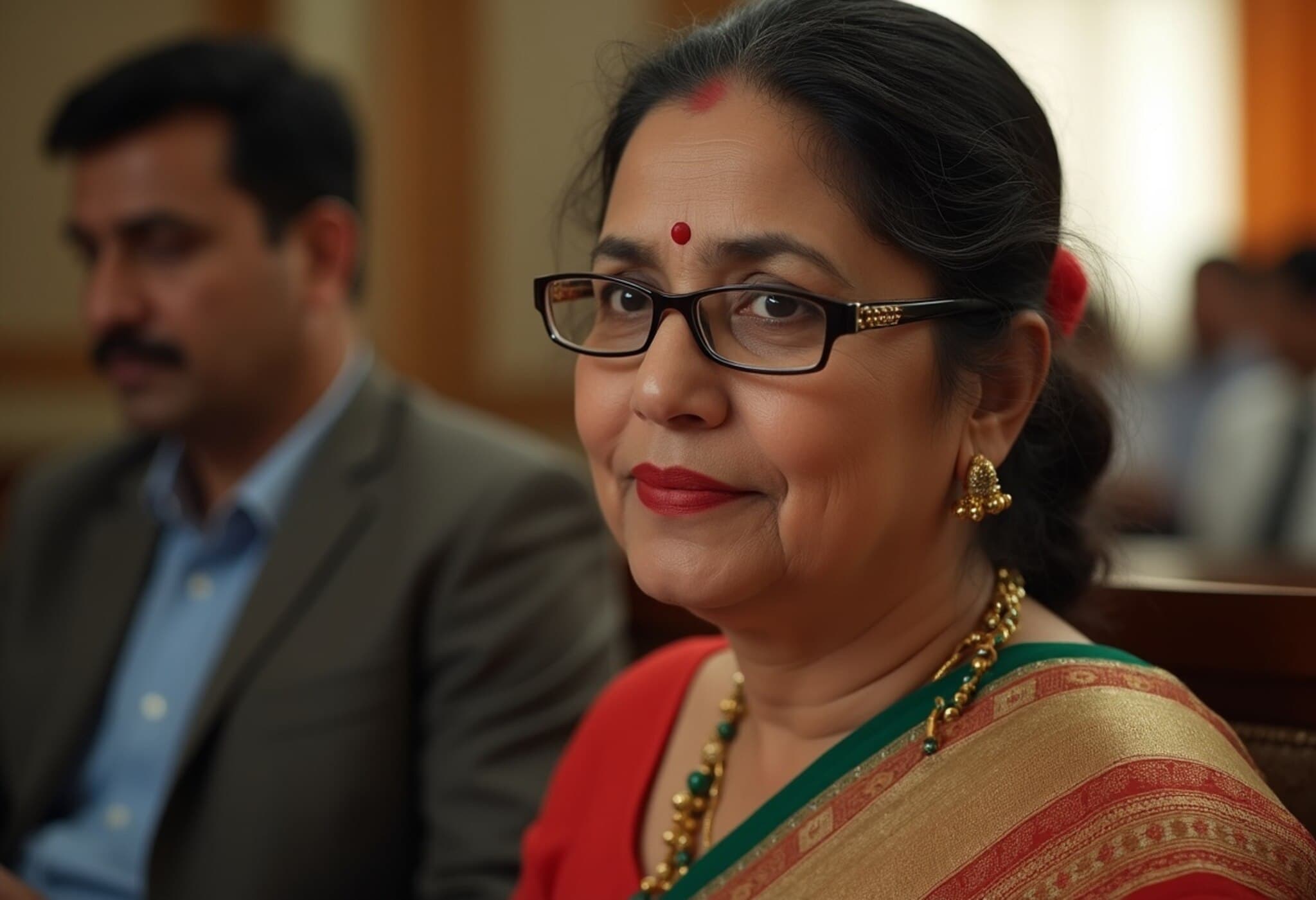Unpacking Trump's Continued Criticism of India: A Clash of Priorities
In recent months, former US President Donald Trump has frequently voiced his dissatisfaction with India, drawing global attention to what might appear as mere political rhetoric. However, a closer examination reveals that these criticisms are rooted in longstanding and complex issues involving trade negotiations, geopolitical strategies, and diplomatic narratives between the two democracies.
India’s Firm Stand on Agricultural Protections
One of the central causes of friction lies in India’s steadfast refusal to compromise on its trade policies, especially concerning its vital farm sector. Agriculture commands a significant role in India’s economy — contributing 18.4% to the country's Gross Value Added (GVA) in 2022–23. For hundreds of millions of rural households, farming sustains livelihoods and economic stability.
This sector’s socio-political sensitivity cannot be overstated. Protecting smallholder farmers from volatile global markets and cheap imports remains a cornerstone of Indian policy. Despite US pressure, Indian negotiators have repeatedly emphasized the non-negotiable nature of safeguarding indigenous agriculture.
The American administration, including Trump during his tenure, has long sought to ease access for US agricultural exports into India, hoping to open one of the world’s fastest-growing markets. India’s protectionist stance, therefore, has often been perceived by Washington as obstructive — sparking repeated public grievances from Trump.
The Divergent Narratives on India-Pakistan Diplomacy
Geopolitically, Trump’s repeated claims of having played a pivotal role in brokering peace between India and Pakistan have been met with firm denial from Indian leadership. Since the May 2025 military operation against Pakistan, Trump has asserted nearly thirty times that the US prevented a potential conflict escalation between the two nuclear-armed neighbors.
However, during a parliamentary discussion on “Operation Sindoor,” Prime Minister Narendra Modi made it unequivocally clear: no foreign power asked India to halt the military campaign. This stance stands in sharp contrast to Pakistan’s acknowledgment of Washington’s engagement, highlighting a complex triangle of diplomatic narratives.
Trump’s insistence on taking credit for preventing regional war may reflect his personal and political need for foreign policy triumphs—especially after his inability to resolve conflicts like the Russia-Ukraine war during his presidency. India’s rejection of this narrative further fuels his frustration and public outbursts.
The Nobel Peace Prize Contention
Adding another layer to this diplomatic impasse is the controversy over the suggestion from the White House that Trump deserves a Nobel Peace Prize for his international peace efforts, including in South Asia. This claim has been swiftly dismissed by Indian officials. Ministry of External Affairs spokesperson Randhir Jaiswal redirected all related queries back to Washington, underlining India's reluctance to endorse such accolades.
Broader Implications: Trade, Diplomacy, and Sovereignty
At its core, Trump’s persistent public criticism sheds light on a deeper contest of national interests:
- India’s priority: securing its agricultural sector, energy independence, and diplomatic autonomy.
- US (under Trump’s lens): pushing for open markets and leveraging geopolitical partnership against China and other regional powers.
This dynamic underscores the friction in otherwise strategic bilateral relations. While India values sovereign decision-making and protecting its citizens’ economic base, US policymakers sometimes view resistance as obstructionism, leading to public squabbles that risk overshadowing constructive cooperation.
Expert Insight: Navigating Complex US-India Ties
From a policy analyst’s perspective, these spats highlight the challenge of balancing domestic pressures with international ambitions. For India, conceding agricultural protections risks socio-economic upheaval affecting hundreds of millions. For the US, showcasing diplomatic wins is vital for global standing and domestic political capital.
Going forward, sustainable US-India relations require nuanced engagement that respects India’s internal complexities while advancing shared strategic goals, such as countering regional threats and boosting economic ties.
Editor’s Note
Donald Trump’s vocal critiques of India are more than political soundbites; they echo profound tensions in how each nation prioritizes economic sovereignty and diplomatic narratives. As India seeks to protect its domestic agricultural sector and assert its autonomous foreign policy, the US confronts frustrations in finding a cooperative rhythm. This ongoing dance between two powerful democracies compels both to carefully navigate public discourse and behind-the-scenes diplomacy, with significant global implications for trade, security, and bilateral partnerships.
Will future US administrations approach India with greater understanding of its internal imperatives? How will India balance growing global engagement with protecting vulnerable economic sectors? These questions remain central to the evolving saga of US-India relations.









